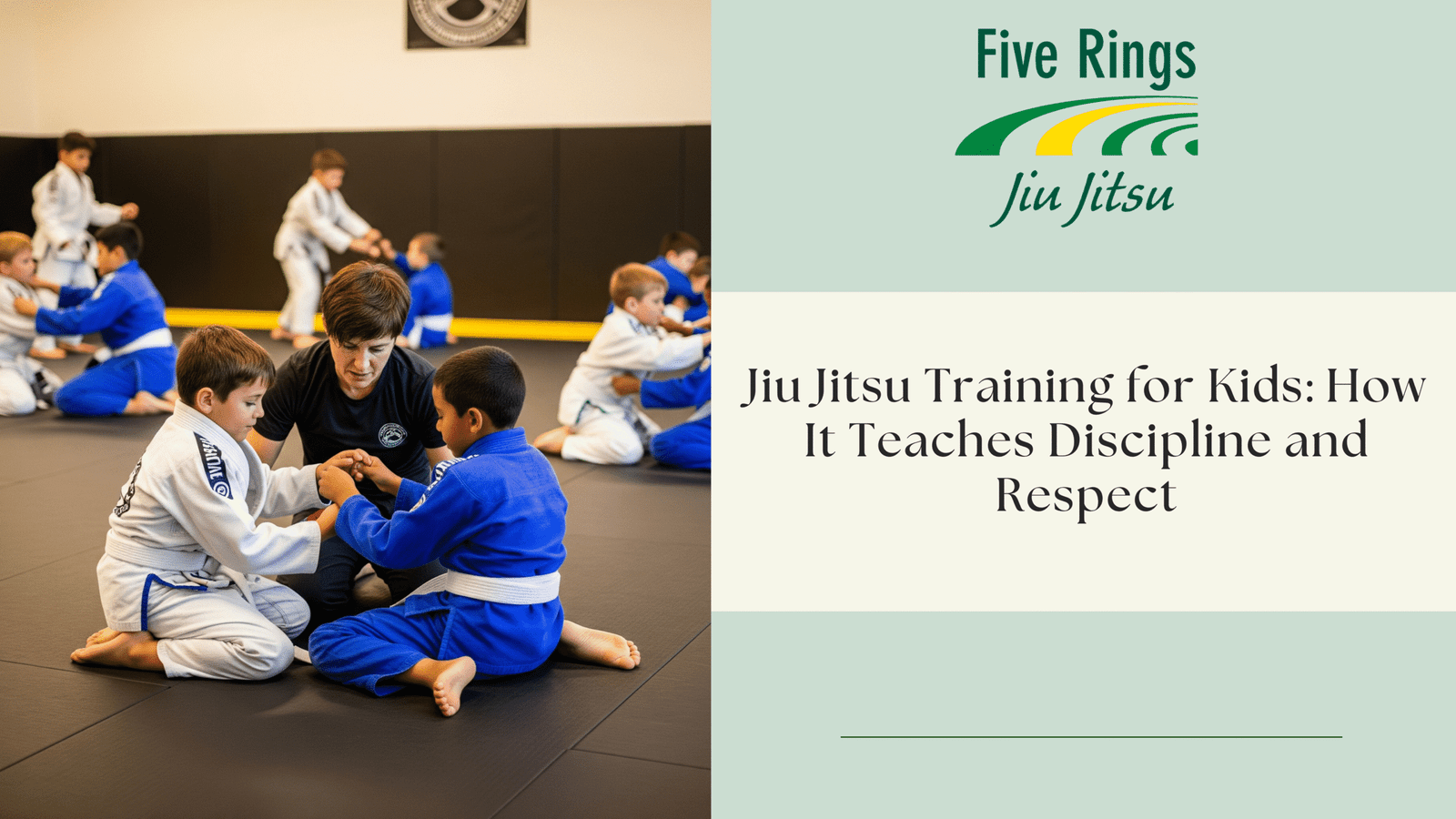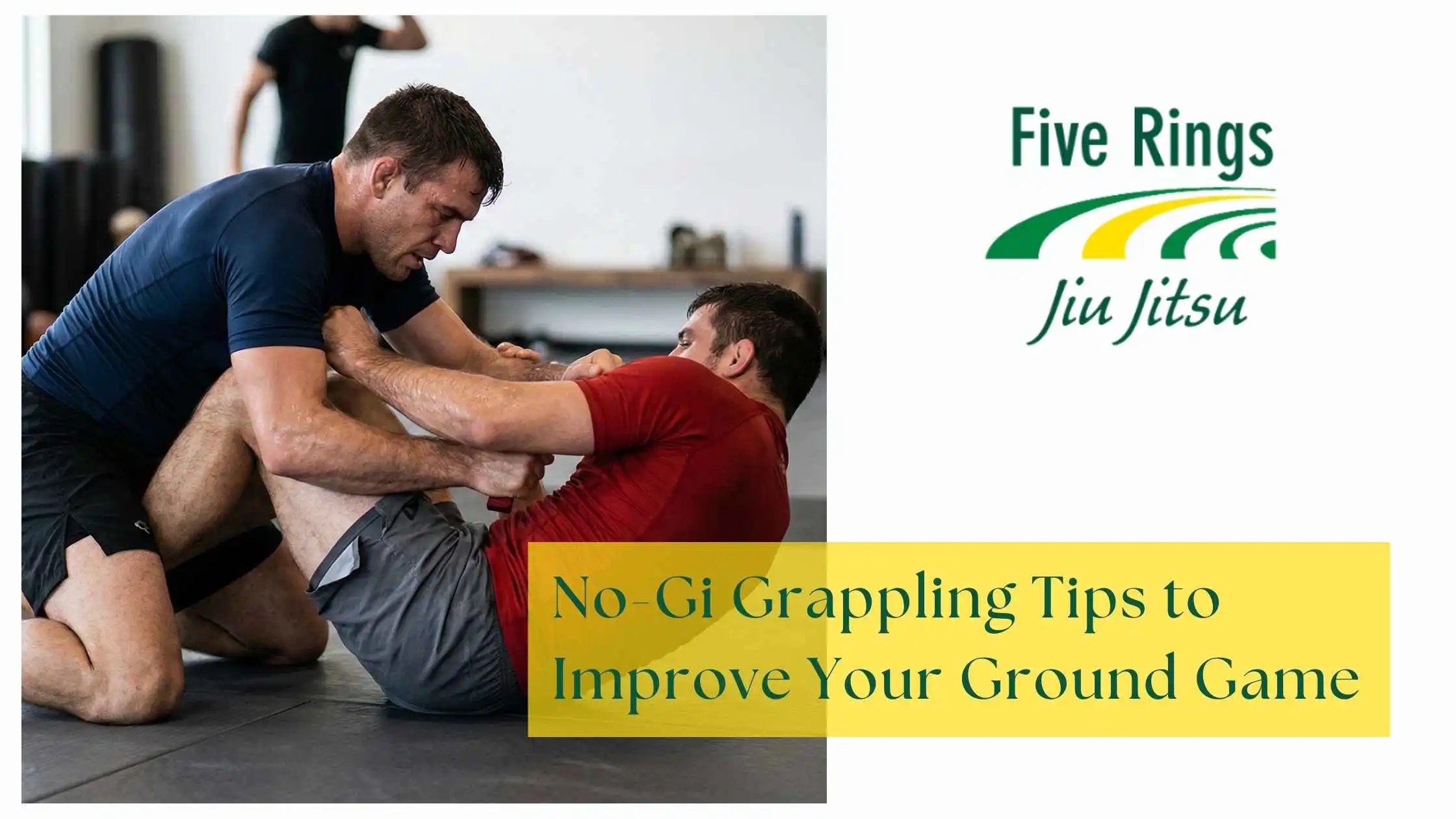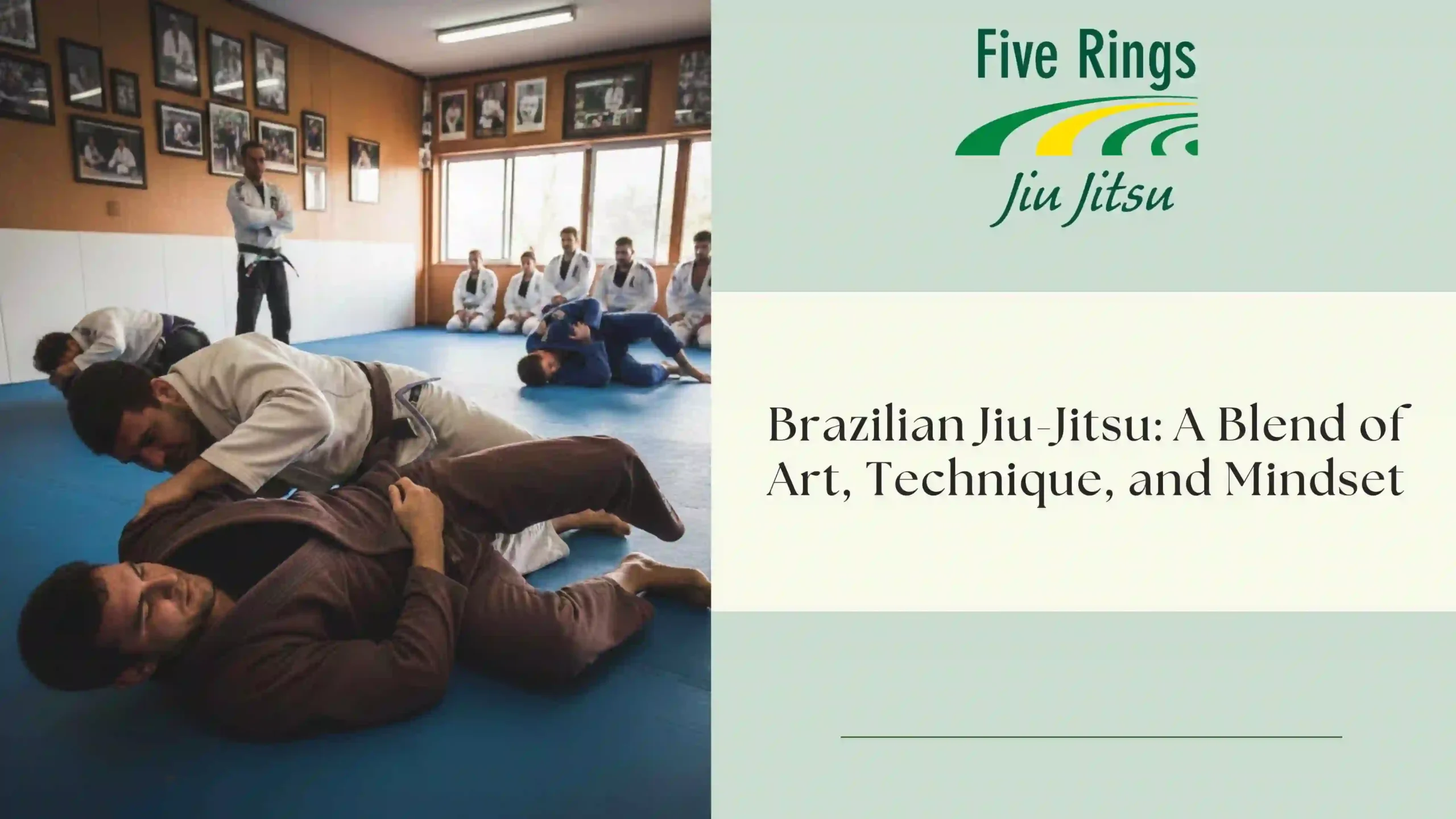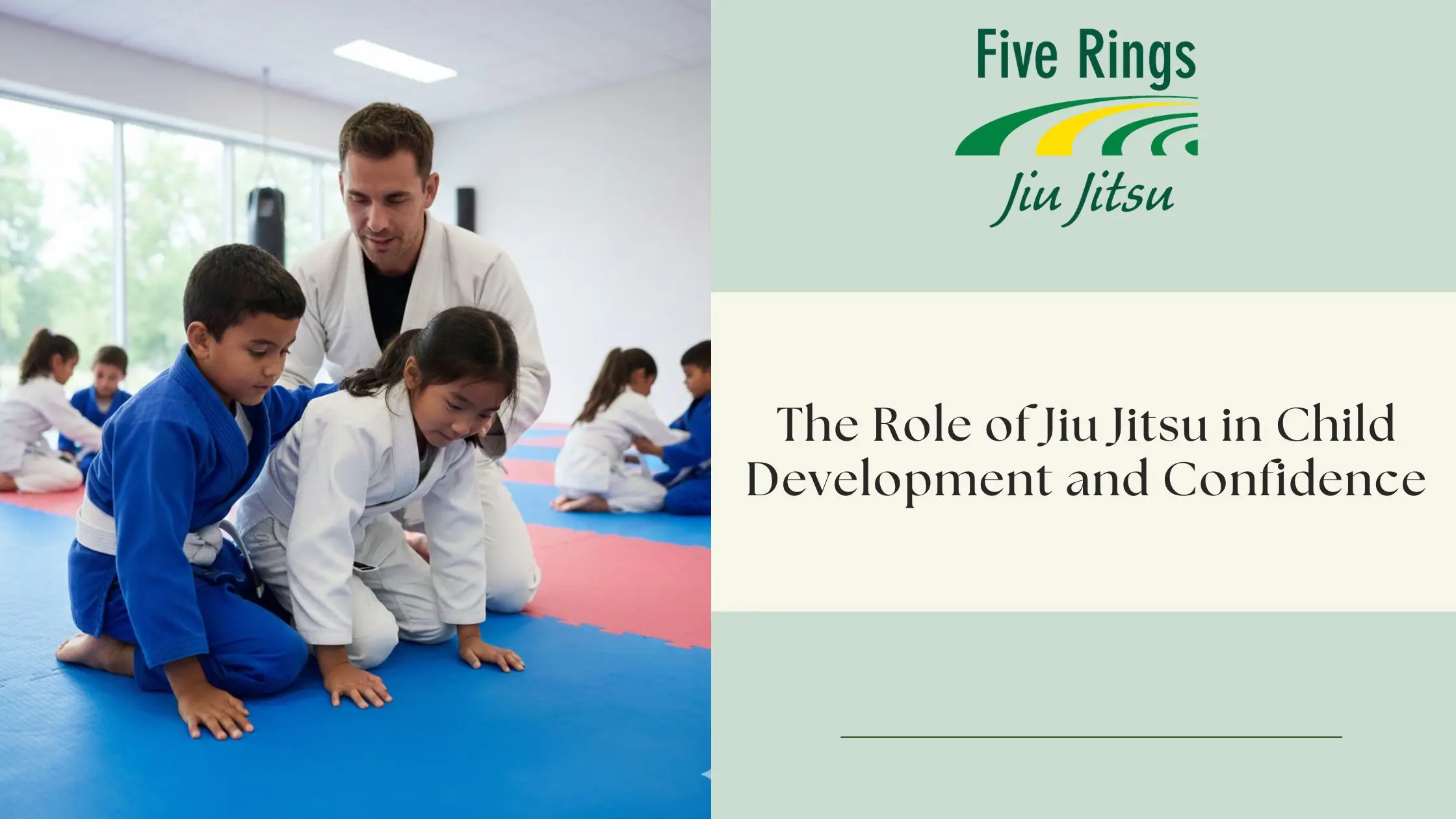Introduction
Parents looking for healthy, engaging activities often discover that martial arts do more than build strength; they shape character.
Brazilian Jiu Jitsu (BJJ) has grown as a popular choice for kids because it uniquely blends self-defense with life lessons in discipline, respect, and resilience.
Let’s explore how Jiu Jitsu classes help kids develop skills that extend far beyond the mat.
Why Jiu Jitsu Appeals to Kids and Parents Alike
Unlike striking martial arts like karate or taekwondo, Jiu Jitsu focuses on:
- Leverage and technique over brute strength
- Ground grappling and submissions instead of kicks and punches
- Problem-solving and patience to escape or control positions
This makes it safer, mentally challenging, and suitable for kids of all sizes and personalities.
Discipline: The Foundation of Every Class
Kids quickly learn that:
Uniforms (gi) must be clean and worn properly
Class begins and ends with bows, a symbol of focus and readiness
Instructors must be listened to the first time
Children discover that discipline isn’t punishment, it’s choosing to do the right thing: showing up on time, drilling techniques repeatedly, and practicing outside of class.
Respect: For Self, Peers, and Coaches
Respect is woven into every moment:
- Bowing before entering/exiting the mat
- Shaking hands before and after sparring
- Learning to win graciously and lose gracefully
Kids also respect boundaries: knowing when to tap out and understanding that technique should never be used to hurt others outside class.
This habit of respect often shows up at home and school, improving behavior and empathy.
Self-Confidence Without Aggression
Success in Jiu Jitsu doesn’t come from being the biggest or strongest, but from:
Practicing consistently
Staying calm under pressure
Learning from mistakes
Over time, shy kids learn to trust their abilities, and naturally assertive kids learn to balance confidence with humility.
Result: Kids feel secure enough to walk away from conflicts rather than escalate them.
Learning Patience and Persistence
Jiu Jitsu techniques are complex; mastery requires:
- Repetition
- Focus
- Accepting slow progress
Kids discover that improvement isn’t instant, and that quitting means losing what they’ve built. These lessons help them:
- Finish homework before playing
- Prepare for exams steadily
- Face everyday setbacks without giving up
Building Healthy Friendships
Classes are social environments:
- Kids drill with different partners, learning to cooperate
- Older or higher-belt kids help beginners, modeling mentorship
- Shared challenges create bonds beyond school circles
These friendships, built on shared effort and respect, boost social skills and reduce isolation.

Physical Benefits (That Go Beyond Fitness)
Improved balance and coordination
Stronger core muscles
Better flexibility and posture
Increased stamina
Unlike many team sports, Jiu Jitsu’s one-on-one sparring gives every child equal play time, no benchwarmers.
Parents Notice Changes Outside the Gym
Parents often see:
- Children are becoming more polite and responsible
- Better emotional control after frustrations
- Reduced screen time as kids look forward to class
- Improved grades thanks to focus and time management
Choosing the Right Academy for Your Child
Look for:
Certified and patient instructors experienced with kids
Age-appropriate classes (often grouped 5–7, 8–12, teens)
Emphasis on discipline, safety, and fun, not just competition
Clean, well-lit facilities
Tip: Sit in on a class to see how instructors engage students and handle misbehavior.
Common Parent Questions
Q: Will my child get hurt?
A: Any sport carries risk, but BJJ minimizes strikes. Emphasis on tapping out and controlled sparring keeps injuries rare.
Q: What if my child is shy?
A: Jiu Jitsu often helps shy kids find their voice, make friends, and build self-assurance.
Q: Is it just for boys?
A: Not! Many girls excel in BJJ, often using leverage and flexibility to outmaneuver larger partners.
Tips for Parents to Support Young Practitioners
Praise effort, not just wins
Help them stay consistent, even on tough days
Watch classes occasionally, showing genuine interest
Encourage them to share what they learned at home
Conclusion
Jiu Jitsu training for kids is more than martial arts; it’s a path to:
Discipline that keeps them focused
Respect for self and others
Confidence built on real achievement
Lifelong habits of patience and perseverance
Whether your child is shy, energetic, or somewhere in between, BJJ offers lessons they can carry from the mat to every part of life. Contact us today! We groom the little ones to be amazing and aspiring adults.







